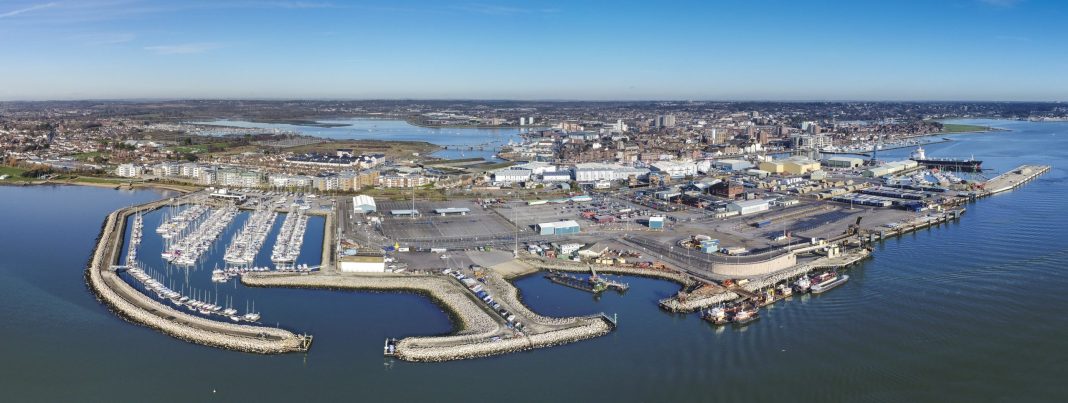A new direct shipping route, which will connect the UK and Morocco, is to be launched shortly. The route, which has been established by maritime and transport specialist, United Seaways, will link Poole in Dorset to Tangier, Morocco.
The new line has been in planning for over two years and will help bypass post-Brexit traffic congestion and additional import procedures on goods arriving via Europe. It will also significantly reduce emissions compared to current logistic chains by road.
The route will run once per week and cut journey times on Moroccan goods to fewer than three days, compared to more than six days via road.
The route currently includes two ferry crossings – one from Morocco to Spain and one from North Europe to UK – but the new link will avoid the associated bureaucratic Brexit procedures and the time delays the other crossings face.
It will also be used to encourage British importers to source fresh produce and other products directly from Morocco and Africa, promoting southbound trade and scaleup exchanges.
Captain Brian Murphy, Marine and Port Director at Poole Harbour Commissioners, said: “We are very excited to be hosting United Seaways’ brand-new roll-on-roll-off ferry service. It will reduce the time taken for goods to arrive by half and will see significant environmental benefits by reducing road freight.
“This is an exciting opportunity for UK, Moroccan and African importers and exporters, who are looking to develop existing and establish new business relationships. We will work closely with United Seaways to ensure this service is a huge success.
“With our high customer satisfaction levels, skilled workforce and ample operational space, the Port of Poole is ideally set up to receive both accompanied and unaccompanied freight.”
Zeyd Fassi Fehri, MD United Seaways, said: “Our aim is to support businesses with post-Brexit, supply chain challenges and opportunities. This service will create a sustainable and environmental alternative when launched in the coming months.
“The speed and efficiency of the vessel ensures a longer shelf life for fresh products whilst reducing road congestion, tolls and additional import procedures that have arisen since Brexit.”


